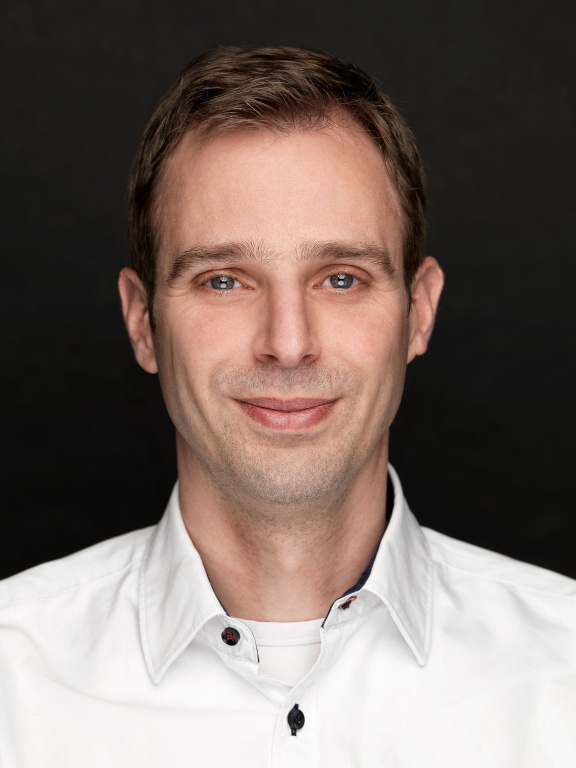

Trees may be cut down
Lex Uiting in conversation with Henk Wanningen of the Forestry Commission and Fons Janssen of JongRes.
LIOF festival zooms in on transition energy
The LIOF festival is all about networking, taking a break for the summer with a drink and a bite to eat. But not only that. Beachclub Degreez in Panheel was also this year the stage for a number of fascinating speakers and for two table discussions on the themes of the current era: energy transition and the transition to a circular economy. Programmer and artist Lex Uitingh took care of the two interviews.
Here you can read a reproduction of the interview with Henk Wanningen and Fons Janssen.
About Henk and Jos
Henk Wanningen is Sr. Business Development at Staatsbosbeheer (SBB) and Fons Janssen is (among others) youth representative at Regional Energy Strategy (RES) of Limburg.
Henk is responsible within SBB for the 'Wood and biomass' sector. His mission is to contribute to the preservation of forest management and landscape by providing resources (assets/bio resources deployment and valorization).
Through his contribution to the Dutch Climate Accord, the European Green Deal and RESs, Fons sees how we are working on energy transition on many levels and wants to make a contribution how we are going to anticipate rather than react to energy transition.


Energy and nature
Energy transition. A theme that fills newspapers and books every day. How do you bring that theme into the limelight in just half an hour in front of, say, a hundred entrepreneurs whose heads are more involved in drinks than serious business? By focusing on one topic;
At the table are Henk Wanningen, senior policy maker at Staasbosbeheer, and Fons Janssen, youth representative for the Limburg Regional Energy Strategies (RES), among others. They seek the connection between energy transition and nature, with Fons particularly wondering how younger generations can be involved in the issues. 'Because,' says Fons, 'I notice that many young people do think climate is important, but are completely unaware of how they can mean something for the energy transition in their region. Why not? Because many young people notice that the decision making is far away from the government and entrepreneurs. I think in recent years we have not invested enough in communication and involving young people in our democracy. The energy transition is a social process and requires participation by everyone. Entrepreneurs, governments, citizens and also young citizens. It is precisely them we need to accelerate, to make the transition to sustainable energy sources and materials.
Awareness
Henk Wanningen wholeheartedly agrees with his tablemate. He advocates forging chains, broad cooperation on all fronts and, above all, awareness. Of course, this automatically takes him to his own territory: forestry in the Netherlands. There are many misunderstandings about this, he says, which prevents valuable ideas and initiatives from getting a chance. 'We don't have that much forest in the Netherlands,' he explains, 'and that is why it is often said that we should stay away from our forests, from our nature. We have a more nuanced view of this at Staatsbosbeheer. We can, indeed we must, cut down trees and use them for housing or as raw materials for products. Provided you do it responsibly;
Cultivated forests
But, wonders Lex Uiting, cutting down trees is bad for nature, after all. 'Look what happens in the tropical rain forest in Brazil.' Henk shakes his head. 'Incomparable. Every year the volume of all Dutch trees grows considerably. As the Forestry Commission, we cut down about half of the increased volume. Exactly the wood we have grown. The Netherlands really only has cultivated forests. If we manage them well and we harvest them with policy, it is only good for the health of forests. Biodiversity increases, nature becomes more robust, the forests absorb more CO2 ánd we have materials for construction and industry.'
Circularity
In that light, Henk Wanningen finds it unpalatable that tree felling is banned in some areas. 'If we want to make the transition to circularity, we need the wood. And if we want to give the energy transition a helping hand, then we are also looking at windmills and solar parks in forested areas. We need to explore all possibilities together. A forest serves multiple purposes. Also recreation yes. We want to be able to walk and enjoy it. That should all be possible, while preserving nature. It's about finding the right balance. Let's at least not put a red ribbon fence around our forests.'
Business model
Quite a surprising approach, agrees the audience in the room. Could wood farming then perhaps be an option for farmers who stop farming or ranching, one audience member wonders. A question Fons is also frequently asked when he is out and about as part of the RES. The answer is "yes, provided." 'It is quite possible to make a business model with fast-growing wood,' concludes Henk. 'If the land is not too expensive and chains are formed that put valuable products on the market. Then it can be done.'
Learn more
- More info on growth forests
- More info on JongRes
- More info on biobased building.


Need help?
Want to learn more about the energy transition or need help transitioning your business? Feel free to contact us. We are here for you!

